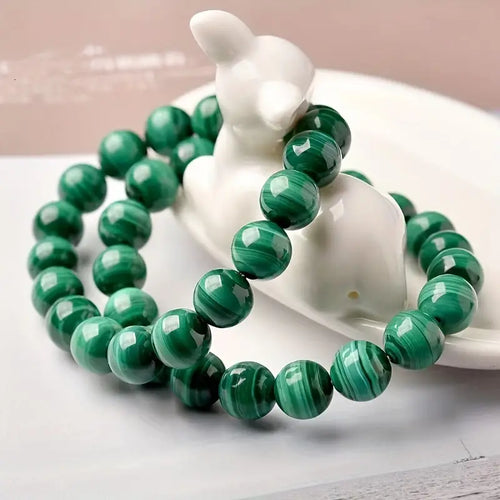TÜM ÜRÜNLER IGSL ULUSLARARASI SERTİFİKALI
Can Natural Stones Be Broken?
Natural stones are made up of minerals obtained from nature and are known for their various properties such as aesthetics, durability, and energy. However, the physical properties of natural stones such as hardness, durability, and brittleness vary depending on the type of stone, its chemical composition, and structure. Therefore, the probability of breaking natural stones depends on the type of stone and how it is used.
1. Hardness Level of Natural Stones
The hardness of natural stones is measured by the Mohs hardness scale. This scale is a scale from 1 to 10 that determines a mineral's resistance to scratching. Stones with a higher hardness are more resistant to scratching and impact, but these stones can also be broken with a certain amount of force.
- Diamond (10 Mohs): Known as the hardest natural stone, diamond is extremely resistant to scratching, but can be broken by a hard blow or improper cutting technique.
- Quartz (7 Mohs): Quartz is commonly used in jewelry due to its hardness, but quartz can also break if enough force is applied.
- Talc (1 Mohs): The softest mineral on the Mohs scale, talc is very easily scratched and broken.
2. Fragility and Structural Properties
The fragility of a natural stone depends on the internal structure of the stone, its crystal structure and the cracks within it. Harder stones can generally be more brittle. This affects how the stone reacts to impact and pressure.
- Amethyst and Sitkin: These stones are from the quartz family and although they have high hardness, they can break under a sudden impact or high pressure.
- Opal: Opal can be more fragile than other gemstones because it has natural cracks (or “play-of-color” structure).
3. Maintenance and Protection of Natural Stones
Proper care and maintenance is important to reduce the risk of breakage of natural stones. Here are some suggestions:
- Avoid Dropping: Protect your jewelry or decorative objects made of natural stones from falling or hitting hard surfaces.
- Keep Away from Chemicals: Contact with harsh cleaning agents or chemicals can weaken the structure of natural stones and make them brittle.
- Regular Cleaning: Clean your stones using the correct cleaning methods. Gentle wiping with water and a soft cloth is a safe method for most natural stones.
4. Summary
Yes, natural stones can break. However, this depends on the type of stone, its hardness, its internal structure and how it is used. Although hard stones are generally resistant to scratching, they can break under sudden impacts or pressure. With the right care and protection methods, you can increase the durability of your natural stones and preserve their elegance for a long time. It is important to consider these factors in order to maintain the beauty and durability of your natural stone jewelry and objects.





























